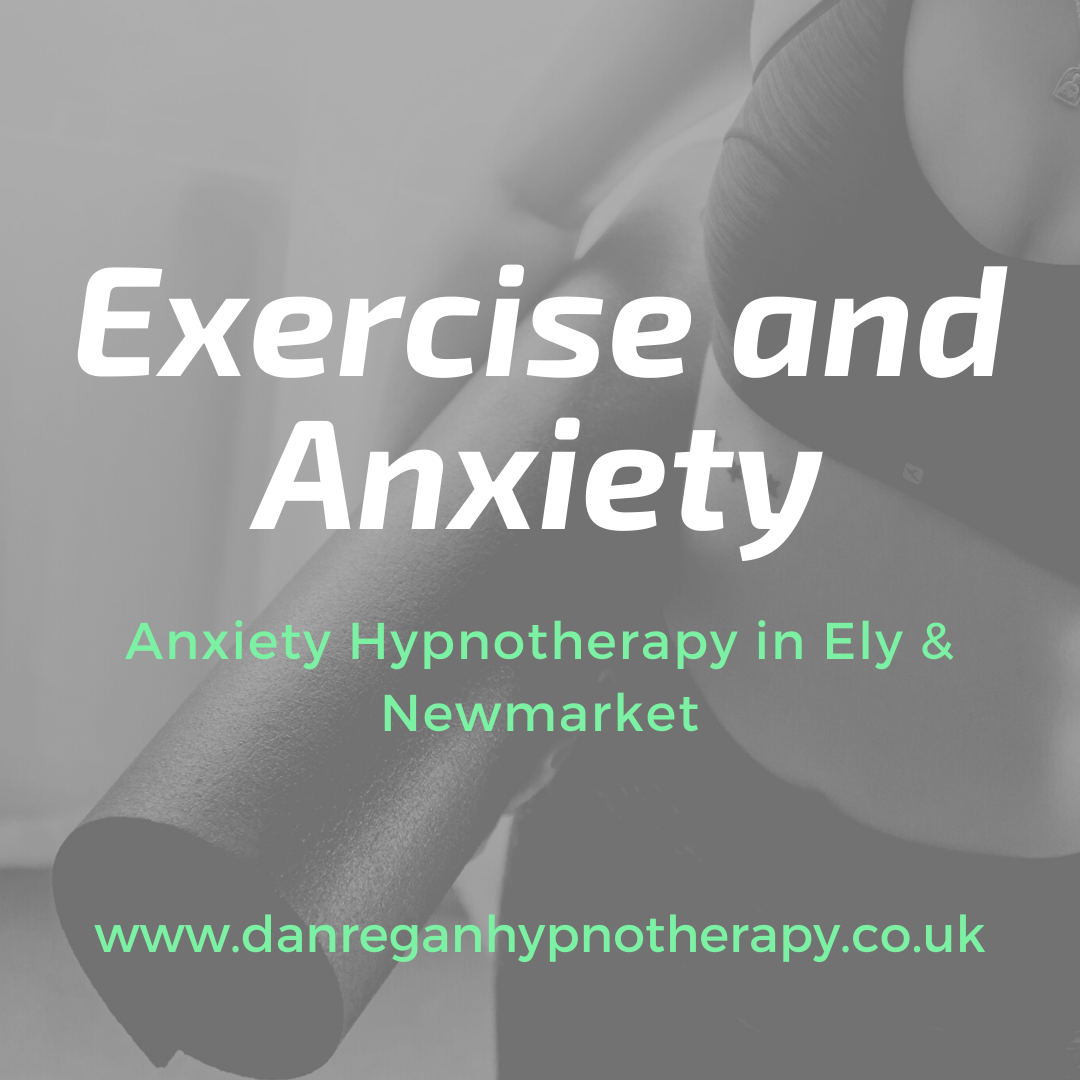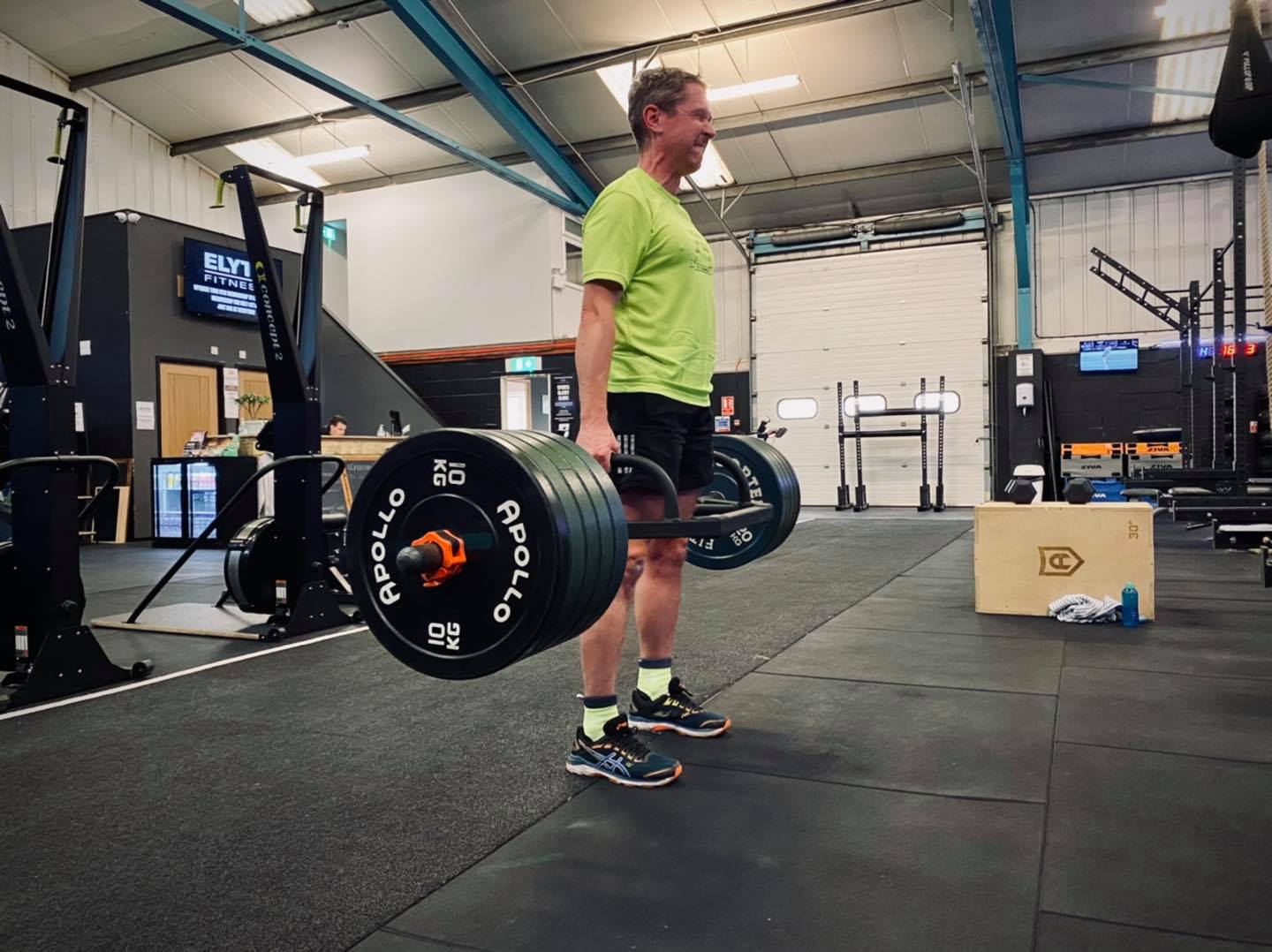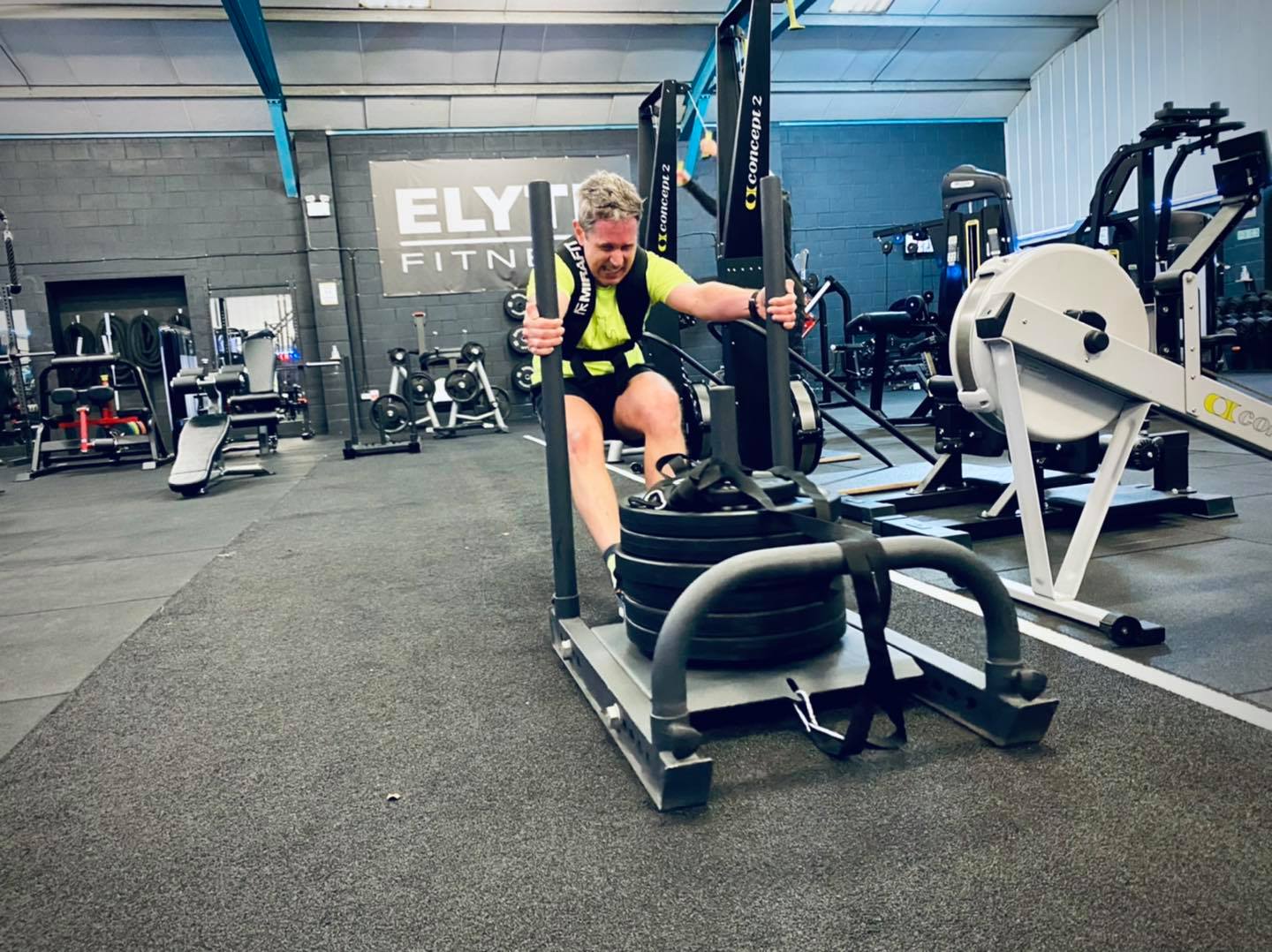Required
Anxiety and Exercise – Anxiety Hypnotherapy in Ely
Anxiety and Exercise – Anxiety Hypnotherapy in Ely
Knowing from experience how horrible and limiting it can be, helping people to overcome their anxiety really is my passion. There is no greater feeling than helping a client move from despair, lowness and overwhelm from their anxiety, to a place where they feel lighter and happier. I love it every time when someone tells me how they now feel calmer, more confident and more in control of their thoughts and feelings, no matter what challenges come their way.
Hypnotherapy for anxiety relief has good evidence to support it, as well as the wealth of positive feedback my previous clients have kindly left about their sessions.
And, as I’ve covered before, exercise can also help with reducing anxiety symptoms, and works well alongside hypnotherapy. I’ve also drawn upon exercise to support my positive mental health, and I firmly believe it now helps me to stay in a good place and to deal with whatever comes my way in life.
I enjoy exercise, with my weekly bootcamps, gym work and running. Yet, I know some people (like my wife!) shudder at the very thought of structured exercise. Especially if you had unpleasant experiences with exercising in the past (my school P.E. experiences were largely miserable!), then you may not enjoy the thought of getting exercising. Below I cover the evidence that suggests that sitting less and moving more in some form, really can help your mental health effectively.
Of course, if you wait until you feel like exercising then it may never happen! I know that at 6.25am on a cold and dark winter morning I really do not feel pumped and excited about being at bootcamp! Instead, I focus on just doing it, on making it a routine behaviour (like brushing your teeth or going to work, just something you do regardless) and focus on all the positives that I’ll get after exercising, such as positive feelings, reduced anxiety and enhanced mental health.
And as the science in this article shows, by calling upon exercise and hypnotherapy, you really can find relief from your anxiety and start feeling better and better in yourself.
Your Physical Activity and Your Mental Health
Before moving on to look at the relationship between exercise and anxiety, it’s worth reminding ourselves of the flip side of the coin and the potentially severe negative health impacts of being sedentary.
Sedentary behaviour refers to sitting or lying while expending low amounts of energy. Spending 6-8 hours a day sitting around like this increases the risk of cardiovascular disease, type 2 diabetes and numerous other health conditions. And, of course, having a health condition can lead to anxiety, stress and depression and other mental health conditions.
Replacing sedentary time with time on other behaviours can boost your mental health and well-being. Research suggests that short- and long-term psychological benefits may result from reducing the amount of time you spend sitting (total time or long periods) with other uses of your time, such as light or moderate physical activity. This is covered more over in this article: Boost Mental Health By Sitting Less and Moving More.
Guidance from the World Health Organisation suggests that some physical activity is better than none, and that more physical activity is better for optimal health outcomes. They also highlight the importance of regularly undertaking both aerobic and muscle strengthening activities, and limiting sedentary behaviour. (Bull et al, 2020).
Linked to this, research shows that daily physical activities, such as climbing the stairs and gardening, can enhance your sense of well-being and boost your mental health (Reichert et al, 2020). so even if you feel adverse to any form of structured and deliberate ‘exercise’, you can still support your mental health by engaging in more simple daily activities and so reducing the amount of time you spend sitting around.
The research and evidence all converges towards the many benefits of moving more for your mental health and well-being. There is a mass of evidence supporting the psychological benefits of exercise and the benefits of moving more and sitting less.
There’s more on this subject over in this article: Daily Physical Activities Can Boost Your Well-being and Mental Health
And there’s even evidence from the Covid-19 pandemic about the adverse mental health impacts of more sitting and less activity. Mental health was certainly impacted upon at the outset of the pandemic and with the introduction of the first lockdown, with increased levels of stress, anxiety, and depressive symptoms. Whilst mental health has generally improved over time, high sitting time during this period was associated with a blunted recovery from elevated depressive symptoms. That is, rapid changes in sitting patterns (in this case due to the pandemic) could have lasting effects on depressive symptoms. Thus, this provides more support for reducing the overall amount of our time spend sitting (Meyer et al, 2021).
Exercise and Anxiety Relief
I’ve written many times before about the physical and mental health benefits of exercise, and the research to support it. Research has shown that exercise can help with depression and anxiety symptoms, and that running reduces your risk of certain health conditions. I’ve written about the research, and why you should get exercising for your mental health here: Ely Festive 5k 2019 and Why You Should Get Running For Your Mental Health.
As well as the benefits for reducing stress and depressive symptoms, and in supporting your positive mental health, the research and evidence shows that exercise can help with the treatment of anxiety. Regular exercise has been associated with lower anxiety and depression (De Moor et al. 2006), exercise has demonstrated a reduction in anxiety (Petruzzello et al, 1991) and exercise decreased overall anxiety sensitivity (Broman-Fulks et al. 2004).
In their systematic review of exercise for anxiety disorders, Jayakody, Gunadasa and Hosker (2014) found that “exercise shows a treatment effect beyond the placebo effect. Although it appears that the anti-anxiety effects of exercise are lesser than antidepressants for clinical anxiety disorders, it can still be beneficial as an adjunctive treatment”. Both aerobic and non-aerobic exercise seemed to reduce anxiety symptoms.
And Aylett, Small and Bower (2018) assessed the use of exercise in the treatment of anxiety and looked at the benefit of high intensity exercise versus low intensity exercise (I wrote about this here: Anxiety Disorders – Why you should get moving to treat anxiety). They concluded that, ‘Exercise programmes are a viable treatment option for the treatment of anxiety. High intensity exercise regimens were found to be more effective than low intensity regimens‘.
Exercise again has a positive impact on mental health and can help with your anxiety and as part of your anxiety treatment (along with psychological therapy such as hypnotherapy for anxiety which I mention below).
As well as helping you to reduce anxiety, exercise helps you to manage the challenges and demands of everyday life, and certainly it forms a cornerstone of my own approach to supporting my mental health positively. Of course that doesn’t mean you won’t have to put a bit of time and effort into it, as my facial expression shows in these recent photos from my personal training session:
It may not look like I’m having much fun there, but all the good feelings come after a great workout and the buzz and sense of achievement can last a long time.
Further support for the benefits of exercise for anxiety disorders comes from a more recent piece of research. Henriksson et al (2021), investigated whether a twelve week exercise intervention, with different intensities, could reduce anxiety symptoms in patients with anxiety disorders.
Based upon their research, they found that a twelve week guided exercise intervention was associated with reduced symptoms of anxiety in primary care patients with anxiety syndromes. Both low and moderate/ high intensity exercise interventions improved anxiety symptoms, although many participants had a low level of physical activity at the start of the study and so even a low intensity program would have been a significant increase in physical activity compared to their previously sedentary lifestyles.
“These findings strengthen the view that physical exercise represents an effective treatment and should be more frequently made available for persons with anxiety issues within primary care. Exercise has few side effects, is inexpensive and overall beneficial for general somatic health.”
If you are currently struggling with anxiety symptoms or an anxiety disorder, then adding some form of regular exercise to your routine could well help you to boost your positive mental health and lead to feel better in yourself.
Of course, many people with anxiety also find that some form of psychological help is also needed. Whilst exercise undoubtedly helps, dealing with overthinking, negative thoughts and other anxious thoughts, feelings and behaviours can support you in feeling and being more calm, relaxed, confident and in control in the situations you encounter.
When I had anxiety issues, exercise helped me to feel better in myself, to give an outlet to anxious and stressful feelings and the ‘exercise high’ after would help me to feel better to deal with whatever it was that was challenging for me. However, despite it bringing positivity and good feelings to counter my anxiety, it didn’t stop the anxiety from happening in the first place; it just helped me to feel a bit better despite my unwanted thoughts and feelings. And that’s where hypnotherapy for anxiety relief really can support you and work well alongside exercise and other forms of self-help.
Hypnotherapy For Anxiety Relief
Hypnotherapy for anxiety can help you to reduce anxious thoughts and feelings, and to develop the skills and strategies to stay in a good place. As well as the many fantastic stories and all the positive feedback from my anxiety clients (which you can find here: What People Say), we also have the scientific evidence to support hypnotherapy for anxiety.
Valentine, Milling, Clark, and Moriarty (2019), brought together the results of all controlled studies of hypnosis for anxiety to quantify the effectiveness of hypnosis in treating anxiety. They found that hypnosis is a highly effective intervention for anxiety, and concluded from the evidence that:
“The findings of this meta-analysis show that hypnosis is a highly effective intervention for anxiety. Our results indicate the average participant treated with hypnosis achieved more anxiety reduction than about 79% of control participants at the end of active treatment and about 84% of controls at the longest follow-up“.
This is hugely impressive evidence and really demonstrates the beneficial impact of hypnotherapy for anxiety. There’s a bit more on that research in this previous article of mine: The Effectiveness of Hypnotherapy as a Treatment For Anxiety and you may find this article of interest as well: Anxiety Help in Ely and Newmarket – Dan Regan Hypnotherapy
And so if you would like to have a chat about what hypnotherapy really involves and how it might be able to help you with your anxiety, please do get in touch and come along for a complimentary consultation.
I look forward to meeting you and helping you along your path to successful anxiety relief.
To your anxiety freedom,
Dan Regan
Anxiety Hypnotherapy in Ely & Newmarket
You can read more about hypnosis as a treatment for anxiety in these articles: Anxiety Articles
Struggling with your anxiety and need some expert help to overcome your anxiety? Book your Complimentary Hypnotherapy Strategy Session with me now: Appointments
You can discover what many, many other people have said after their anxiety hypnotherapy sessions with Dan: Testimonials
And check out these powerful anxiety hypnosis downloads that can start helping you right away: Anxiety Hypnosis Downloads
References:
Aylett, E., Small, N. and Bower, P., 2018. Exercise in the treatment of clinical anxiety in general practice–a systematic review and meta-analysis. BMC health services research, 18(1), p.559.
Broman-Fulks, J.J., Berman, M.E., Rabian, B.A. and Webster, M.J., 2004. Effects of aerobic exercise on anxiety sensitivity. Behaviour research and therapy, 42(2), pp.125-136.
Bull, F.C., Al-Ansari, S.S., Biddle, S., Borodulin, K., Buman, M.P., Cardon, G., Carty, C., Chaput, J.P., Chastin, S., Chou, R. and Dempsey, P.C., 2020. World Health Organization 2020 Guidelines on physical activity and sedentary behaviour.
De Moor, M.H.M., Beem, A.L., Stubbe, J.H., Boomsma, D.I. and De Geus, E.J.C., 2006. Regular exercise, anxiety, depression and personality: a population-based study. Preventive medicine, 42(4), pp.273-279
Henriksson, M., Wall, A., Nyberg, J., Adiels, M., Lundin, K., Bergh, Y., Eggertsen, R., Danielsson, L., Kuhn, H.G., Westerlund, M. and Åberg, N.D., 2021. Effects of exercise on symptoms of anxiety in primary care patients: A randomized controlled trial. Journal of Affective Disorders.
Jayakody, K., Gunadasa, S. and Hosker, C., 2014. Exercise for anxiety disorders: systematic review. Br J Sports Med, 48(3), pp.187-196.
Meyer, J.D., O’Connor, J., McDowell, C.P., Lansing, J.E., Brower, C.S. and Herring, M.P., 2021. High Sitting Time Is a Behavioral Risk Factor for Blunted Improvement in Depression Across 8 Weeks of the COVID-19 Pandemic in April–May 2020. Frontiers in psychiatry, p.1668.
Petruzzello, S.J., Landers, D.M., Hatfield, B.D., Kubitz, K.A. and Salazar, W., 1991. A meta-analysis on the anxiety-reducing effects of acute and chronic exercise. Sports medicine, 11(3), pp.143-182.
Reichert, M., Braun, U., Gan, G., Reinhard, I., Giurgiu, M., Ma, R., Zang, Z., Hennig, O., Koch, E.D., Wieland, L. and Schweiger, J., 2020. A neural mechanism for affective well-being: Subgenual cingulate cortex mediates real-life effects of nonexercise activity on energy. Science Advances, 6(45), p.eaaz8934.
Valentine, K.E., Milling, L.S., Clark, L.J. and Moriarty, C.L., 2019. The Efficacy of Hypnosis as a Treatment for Anxiety: A Meta-analysis. International Journal of Clinical and Experimental Hypnosis, 67(3), pp.336-363.
Get Your Copy Right Now…
Subscribe to Dan’s Digest filled with tips, strategies and techniques and get instant access to your free rapid relaxation hypnosis audio track.
Enjoy feeling and being more mentally calm and physically relaxed right now:







0 Comments